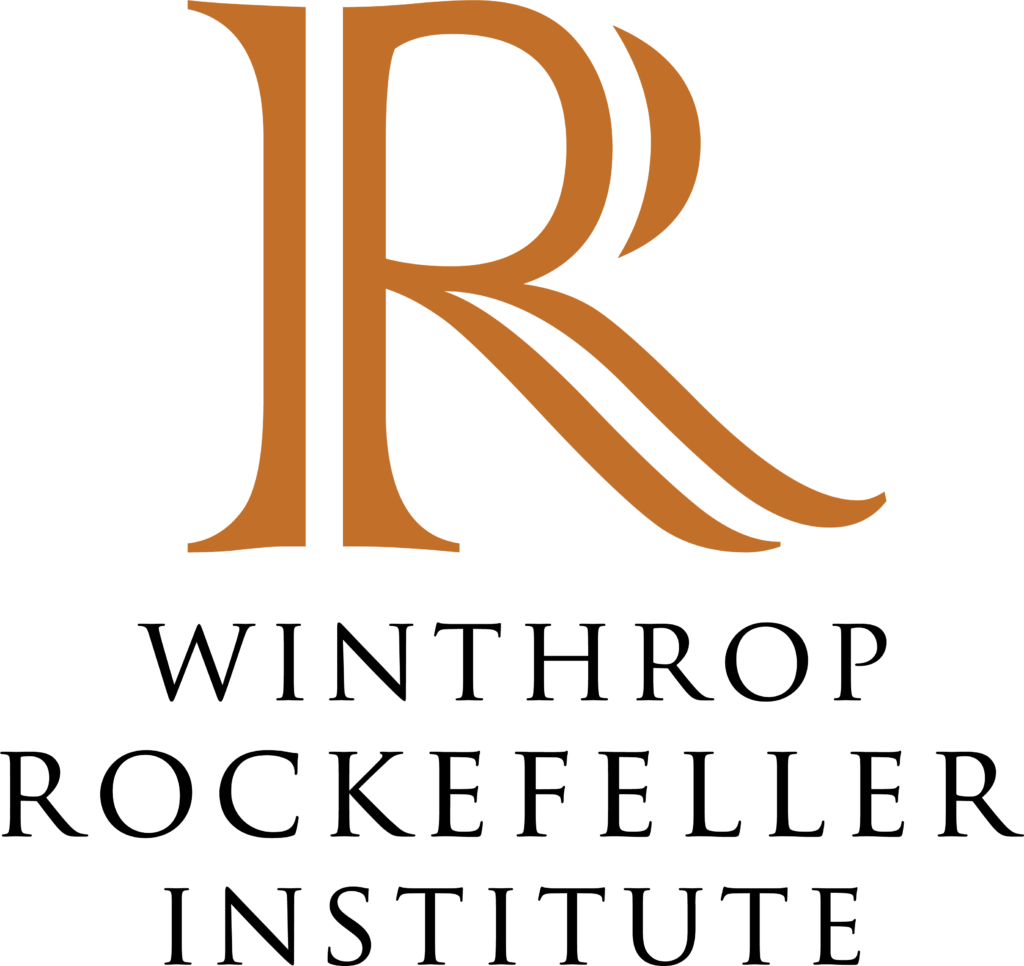At the Institute, we take professional development for our staff seriously. Just as our program participants and conference guests are experts in their fields, we strive to be experts in ours: facilitation, quality meeting design, and hospitality.
Professional development doesn’t just allow us to offer new services to clients. It also strengthens the leadership qualities and team dynamics of our staff. Members of our Programs and Education teams have completed several professional development courses over the last fiscal year, and we’re excited to see what they’ve learned put to use in service of our mission.
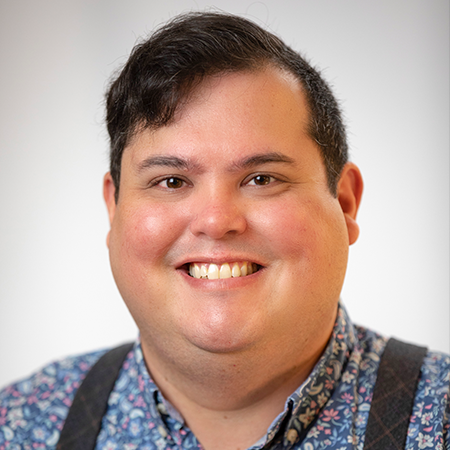
Payton Christenberry is just days away from completing his Arkansas Public Administration Consortium (APAC) Group Facilitator Certification!
“This certification course helped me add new techniques, concepts, and perspectives to my facilitation toolkit and our whole team’s toolkit,” he said. “It was also a great opportunity to meet fellow facilitators and build our network. Despite our comprehensive background as a team, learning new styles keeps our facilitations fresh and impactful for our clients.”
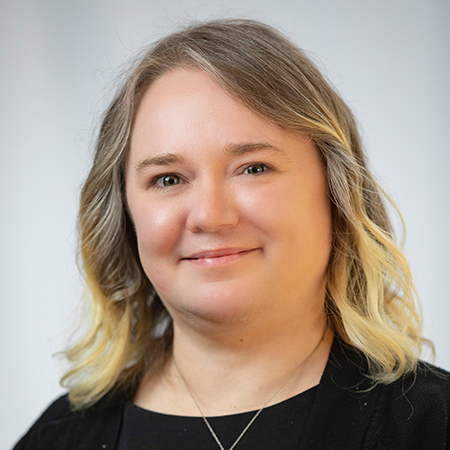
Molly Thomason is now a Myers-Briggs Type Indicator® (MBTI®) Certified Practitioner, which is very useful considering one of our Institute team building workshops, Dynamic Development: Type to Team, uses the MBTI® to provide critical insight into core aspects of how each of us makes decisions, strategizes, and uses information.
“I’m also able to bring what I learned to our team and other departments at the Institute,” Thomason said. “By understanding how you process and use information, you can better communicate what you need from your team and have a deeper understanding of those different from you. So not only does this certification strengthen client facilitation, but it also strengthens internal discussions and planning for future workshops.”
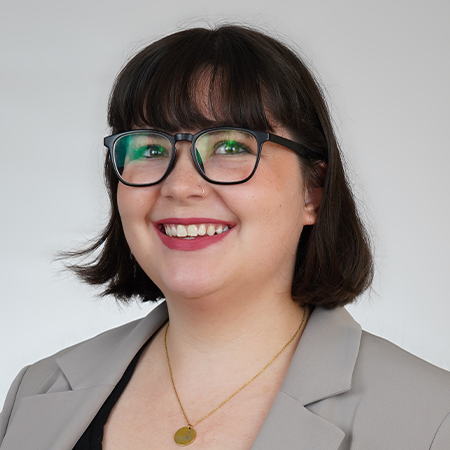
As one of our newest program officers, Kimberly Bolin wanted to use her professional development to build a strong foundation of the facilitation skills needed to lead engaging meetings in person and virtually. She just completed a six-week masterclass from The Facilitator School.
“This course helped to expand my knowledge of facilitation techniques, enabling me to engage more effectively with participants, foster open dialogue, and maintain a positive and inclusive atmosphere during our programs and workshops,” Bolin said. “I’m very thankful to have connected with facilitators from all over the world. Becoming a part of this global network has opened up exciting possibilities for collaboration and knowledge exchange.”
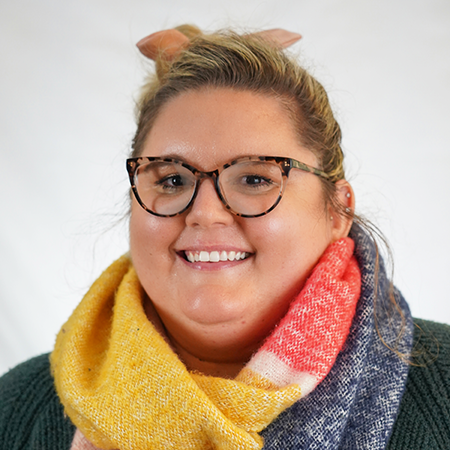
Not only did Meghann Ray graduate this year with a Master of Public Service degree from the Clinton School of Public Service, but she also received two professional certifications from the Civility Leadership Institute with Renew America Together.
- Crucial Learning™ Crucial Conversations
- TypeCoach Influence Training
“I did this for several reasons,” Ray said. “It increased my exposure to civic engagement and other organizations doing similar work in Arkansas. I also wanted new perspectives for our Institute programs. Our programs bring people in from different political and ideological backgrounds. They have diverse opinions and personal experiences. Being able to effectively guide those participants through difficult conversations requires honing existing skills and bringing new ones to the team.”
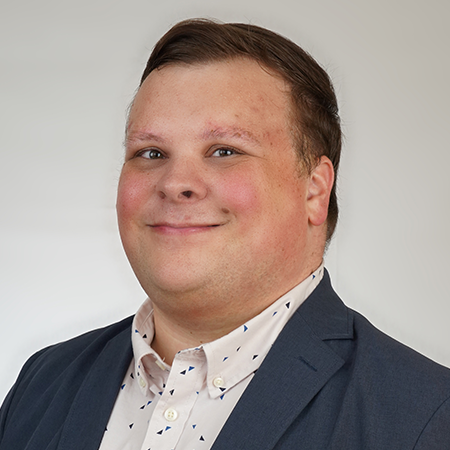
Aaron Keith Kennard is now a certified Google Project Manager! Kennard said it was a goal he set for himself when he started at the Institute.
“Programs are essentially large, complex projects,” he said. “I’ve already started utilizing it to design standard procedures for managing existing programs and workshops, plus I can now share that knowledge with the working groups and program participants that I stay in contact with as they work on their own projects. It’s a useful skill in almost every situation at the Institute.”
